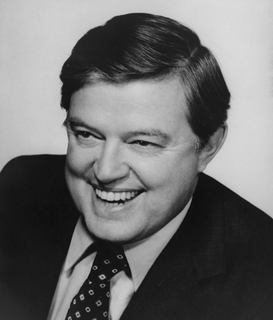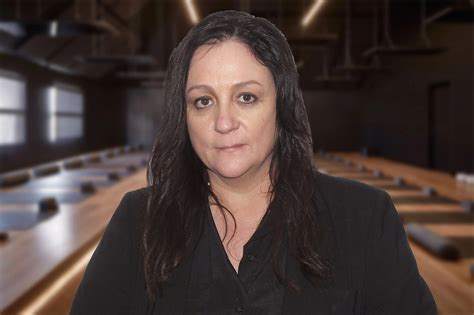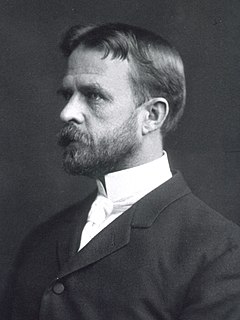A Quote by Rupert Murdoch
To find something comparable, you have to go back 500 years to the printing press, the birth of mass media – which, incidentally, is what really destroyed the old world of kings and aristocracies. Technology is shifting power away from the editors, the publishers, the establishment, the media elite. Now it’s the people who are taking control.
Related Quotes
What's really going on here is, this is a media shift. It's comparable to what happened in the 1950s and the birth of electronic mass media back then.This is the birth of a new kind of personal media, where, instead of we're all watching one program, we're all watching each other. And the history of media makes it really clear. Whenever we have a big innovation, the first wave of stuff we do is pretty crummy. The printing press gave us pornography, cheap thrillers, and how-to books. Television gave us Newt Minow's vast wasteland.
The arrival of television established a mass-media order that dominated the last 50 years. This is a personal media revolution. The distinction between the old order and the new order is very important. Television delivered the world to our living room. In the old media, all we could do was press our noses against the glass and watch.
Our enthusiasm for digital technology about which we have little understanding and over which we have little control leads us not toward greater agency, but toward less...We have surrendered the unfolding of a new technological age to a small elite who have seized the capability on offer. But while Renaissance kings maintained their monopoly over the printing press by force, today's elite is depending on little more than our own disinterest.
Who should regulate the media? Who should control the press? The commentariat agonises, as if the choice was between state control through some autocratic press law or a new Press Complaints Commission redecorated with false teeth. But there is another way. Let journalists regulate themselves.... Let's have a little democracy in the media. Even in the Murdoch papers, the number of journalists who are irretrievably lawless and callous is quite small. Most of the disasters at the News of the World happened because its editors treated their staff in the style of Muammar Gaddafi.
I really am convinced that what is happening in media today is the result of the birth of conservative media and its rapid growth and ascension. It has destroyed the left's monopoly in media. When they had the monopoly, they could pretend that they were not what they are and get away with it. They could pretend to be objective. You know, the power of a monopoly is not just determining what stories you are going to cover, but what you don't cover is just as powerful.
In examining the CIA's past and present use of the U.S. media, the Committee finds two reasons for concern. The first is the potential, inherent in covert media operations, for manipulating or incidentally misleading the American public. The second is the damage to the credibility and independence of a free press which may be caused by covert relationships with the U.S. journalists and media organizations.
The underground press serves as the only effective counter to a growing power, and more sophisticated techniques used by establishment mass media to falsify, misrepresent, misquote, rule out of consideration as a priori ridiculous, or simply ignore and blot out of existence: data, books, discoveries that they consider prejudicial to establishment interest.
Anyone who has studied the history of technology knows that technological change is always a Faustian bargain: Technology giveth and technology taketh away, and not always in equal measure. A new technology sometimes creates more than it destroys. Sometimes, it destroys more than it creates. But it is never one-sided. The invention of the printing press is an excellent example. Printing fostered the modern idea of individuality but it destroyed the medieval sense of community and social integration.
The political world is changing rapidly. What the establishment has learned, what the Democratic establishment, the Republican establishment, the media establishment, is the world is not quite what they thought it was. With the middle class disappearing, with people working longer hours for lower rages, with people worried about the future of their children, what you are seeing is a lot of discontent at the grassroots level all over this country. And that's what's going on right now.
If everybody can author their own story, if media is democratizing because everybody can make a really good-looking website... that's the way we learn now instead of in books. It means that more people get to tell their own story in their own terms rather than having to go through publishers and editors and executives.
Thinking about free speech brought me to media regulation, as Americans access so much of their political and cultural speech through mass media. That led me to work on the FCC's media ownership rules beginning in 2005 to fight media consolidation, working with those at Georgetown's IPR, Media Access Project, Free Press, and others.
Another myth we fed to the public through the media was that legalizing abortion would only mean that the abortions taking place i1legally would then be done legally. In fact, of course, abortion is now being used as a primary method of birth control in the U.S. and the annual number of abortions has increased by 1,500 percent since legalization.




































